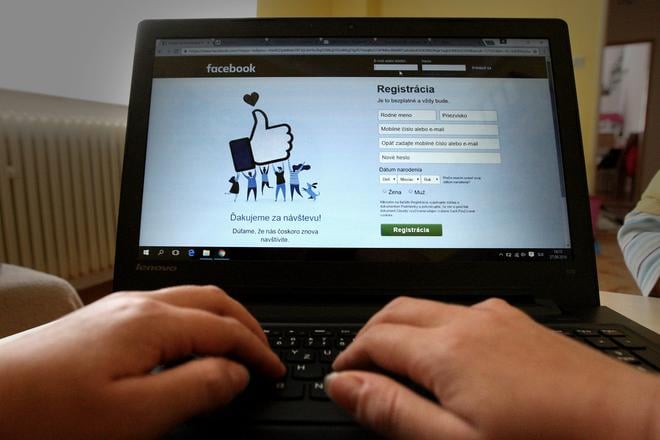In the real world, there are limits on free speech. Some of them are quite smart. One classic question is whether a person should have the right to falsely yell “fire” in a crowded theater? Even in democratic systems, the answer is no, because guaranteeing this individual right — which is likely to incite a dangerous panic — infringes on the safety rights of everybody else, who likely be harmed in the resulting stampede.
On the internet these same concepts of responsibility tend not to apply. Online, anything goes, and thinking about consequences in advance is condemned as some near-authoritarian violation of speech rights.
Facebook is now, justifiably, facing widespread criticism for sharing the private data of 50 million users — yes, 50 million — with the firm Cambridge Analytica, which then used that data to manipulate voters in the United States, United Kingdom and elsewhere on behalf of its clients. Along with Facebook’s willingness to sell advertising to anybody willing to pay, the company is predicated on subsuming more and more of the world’s communication into their private — it is private, and for profit — network, no matter the consequences.



 Illustrative stock photo (source: SME)
Illustrative stock photo (source: SME)